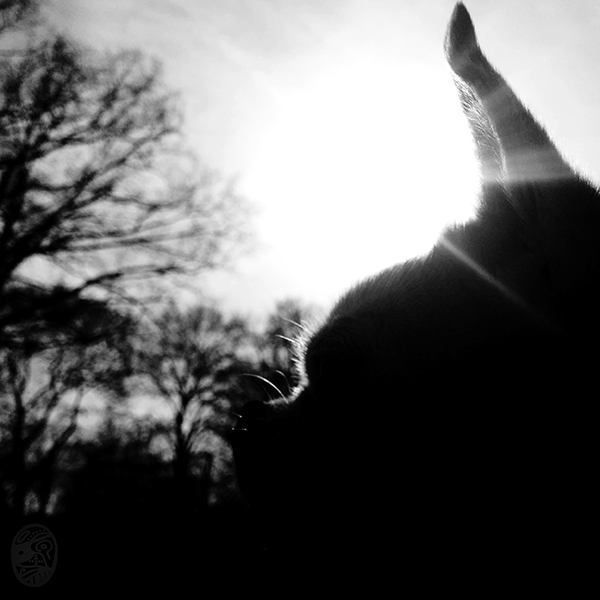
奪 、志|cHANGE, wILL
即使,
肉體被折磨得疲累;
雙眼決堤般的流淚;
心被傷得支離破碎。
Even if,
The bODY is tortured to exhaustion ;
The eYES burst into tears;
The hEART is hurt and broken into pieces.
但是,
腦袋還未情願關上;
靈魂繼續編織夢想;
意志就是不屈堅強。
However,
The bRAIN is not willing to shut down;
The sOUL continues to weave dreams;
The wILL is just firm and unyielding.
《論語》的第九書《子罕》——第廿六章:
“The Analects”*₁, Book 9 – Chapter 26 (original written in Classical Chinese):
子曰:「三軍可[奪₁][帥₂]也,匹夫不可[奪₃][志₄]也。」
Confucius*₂ said: “The military can [cHANGE₁] the [commander-in-cHIEF₂], (however,) man should not [cHANGE₃] his [wILL₄].”
堅持,
忠於自己燃亮生命;
懷著自信磊落光名;
相信「有志者事竟成」*₃。
Persist,
lOYAL to self and lIGHT uP the life;
Behave hONOURABLY with cONFIDENCE;
Believe that “things will sUCCEED when man has wiLL”*₃.
..,
nOTES:
*₁: “The Analects” or “Analects of Confucius” – collected sayings and thoughts of great philosopher Confucius; it is one of the important canonical Confucian literature. Traditionally people believe that “The Analects” was written by disciples or followers of Confucius during the late Warring States period (475-221 BC) and its final revision was completed during the Emperor Cheng period (33-7 BC) in late Western Han Dynasty (206 BC-9).
*₂: Confucius (551–479 BC) was an educator, philosopher and official of Lu State in the late Eastern Zhou Dynasty (ca. 1043-256 BC) during Spring and Autumn Period (770-476 BC), he was the founder of Confucianism and developed his Confucian theory of the five virtue elements: benevolence, righteousness, courtesy, wisdom and trust.
*₃: This idiom was first recorded in the “Book of Later Han” (947–951, the period of “Five Dynasties and Ten Kingdoms”), Vol. 19. And it’s similar to the English saying,”where there’s a will, there’s a way”.
I am curious to find out whawt blog platform you’re working with?
I’m having some minor security issues with mmy latest
site and I would like to find something morfe safeguarded.
Do you have any suggestions? https://hallofgodsinglassi.wordpress.com/